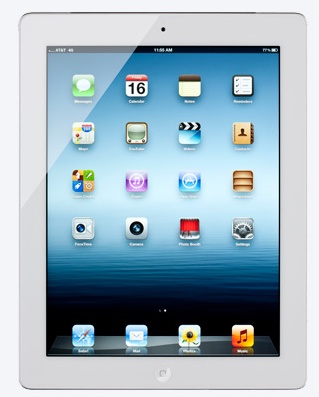Shipments of tablet computers are expected to grow from 81.6 million units in 2011 to 424.9 million units by 2017, according to the latest date from NPD DisplaySearch (http://www.displaysearch.com).
The forecast for 2013 shipments has increased from 168.9 million to 184.2 million. This forecast estimates that in 2016 more tablets will be shipped than notebooks. A growing diversity of operating systems is driving the increase in demand for tablets, as well as rapidly evolving features. At the same time, the capacity of component manufacturing is being increased to meet new market demand.
“So far in this relatively young product category, the tablet computer market has been dominated by Apple and has tended to include a number of competing products that are similarly configured to the iPad,” says Richard Shim, NPD DisplaySearch senior Analyst. “However, as the market matures and competitors become better attuned to consumer preferences and find opportunities to break new ground, we expect the landscape to change dramatically, giving consumers more choices, which will drive demand for more devices.”
The industry has already witnessed some diversification in the market with the early success of Amazon’s Kindle Fire. NPD DisplaySearch also expects increased investments in the tablet supply chain — amid a lull in the growth of other device categories — to lead to more opportunities for new technologies to challenge incumbents. NPD DisplaySearch expects an increase in investments to boost shipment growth in mature markets as retailers, brands, and consumers experiment with emerging tablet opportunities.
A key area where there is room for differentiation is operating systems. NPD DisplaySearch expects three operating systems to establish significant share in the market: Apple iOS, Google Android, and Microsoft Windows RT. The iOS operating system has been dominant in tablet computers, but it is expected to lose share, from 72.1% in 2012 to 50.9% in 2017, as Android increases from 22.5% 2012 to 40.5% over the same period, according to the research group.
Meanwhile, share for Windows RT is also expected to grow, but from a very small base of 1.5% in 2012 to 7.5% in 2017. In terms of component production, many display manufacturers are transitioning tablet panel production to larger plants, including Gen 6 and Gen 8, which will lead to greater capacity for tablet displays, as well as lower prices, according to NPD DisplaySearch. In addition, the share of AMOLED displays in tablets is forecast to increase from 3% in 2012 to 30% by 2017.



